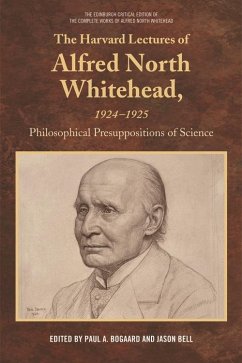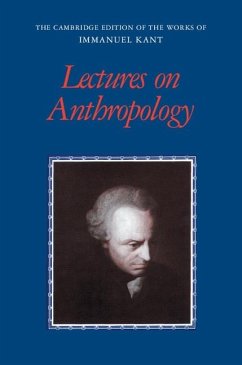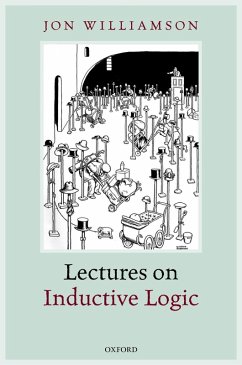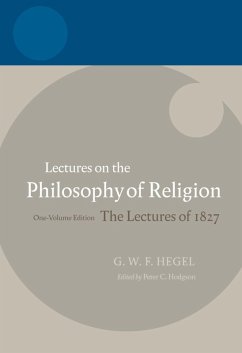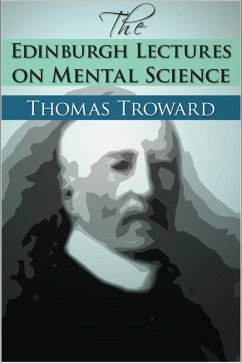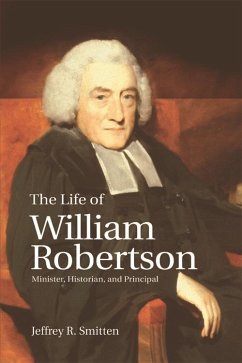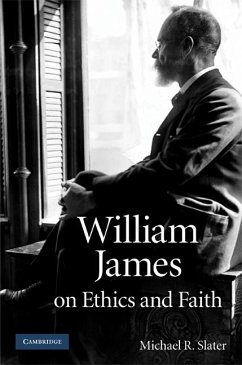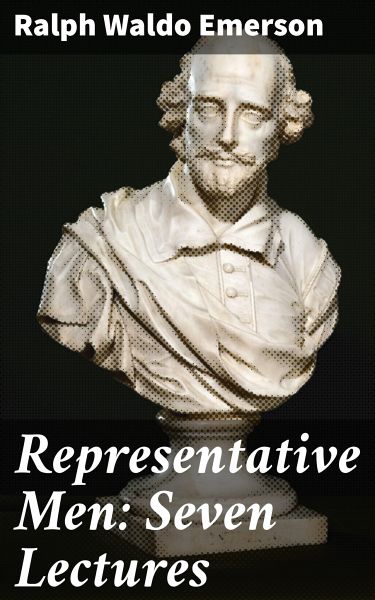
Representative Men: Seven Lectures (eBook, ePUB)
Exploring the Essence of Greatness and Individualism in Literary Lectures

PAYBACK Punkte
0 °P sammeln!
In "Representative Men: Seven Lectures," Ralph Waldo Emerson delves into the interplay between individuality and representation, examining the lives of notable figures such as Plato, Swedenborg, and Shakespeare. This collection of essays, originally delivered as a series of lectures, showcases Emerson's signature transcendentalist style, characterized by profound insights, lyrical prose, and a deep philosophical inquiry into the nature of genius and the role of the individual in society. The work straddles the realms of literary criticism and philosophical musing, employing a blend of biograph...
In "Representative Men: Seven Lectures," Ralph Waldo Emerson delves into the interplay between individuality and representation, examining the lives of notable figures such as Plato, Swedenborg, and Shakespeare. This collection of essays, originally delivered as a series of lectures, showcases Emerson's signature transcendentalist style, characterized by profound insights, lyrical prose, and a deep philosophical inquiry into the nature of genius and the role of the individual in society. The work straddles the realms of literary criticism and philosophical musing, employing a blend of biographical detail and rhetorical flourish to illuminate the ways in which these 'representative men' embody the cultural and intellectual currents of their time. Ralph Waldo Emerson (1803-1882) was a leading figure in the American transcendentalist movement, advocating for self-reliance and the importance of the individual spirit. His experiences, including a transformative journey to Europe and his friendships with contemporaries such as Thoreau and Whitman, informed his philosophical positions. These lectures not only reflect Emerson's admiration for exceptional minds but also serve as a critique of the conformity of his society, encouraging readers to embrace their own potential for greatness. "Representative Men" is essential reading for those interested in the intersection of philosophy, literature, and cultural criticism. Emerson's keen observations and eloquent prose invite readers to reflect on the nature of genius and the significance of individuality, making this collection a timeless exploration of human potential.
Dieser Download kann aus rechtlichen Gründen nur mit Rechnungsadresse in A, B, BG, CY, CZ, D, DK, EW, E, FIN, F, GR, H, IRL, I, LT, L, LR, M, NL, PL, P, R, S, SLO, SK ausgeliefert werden.




